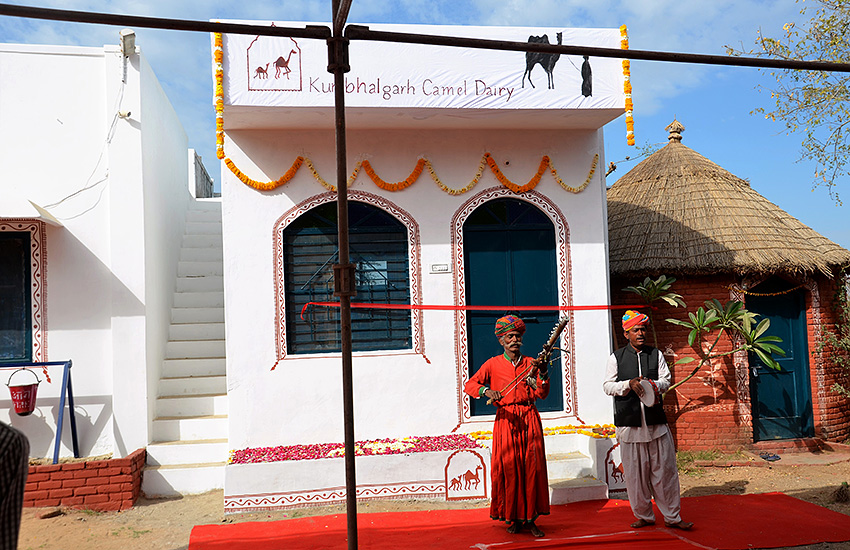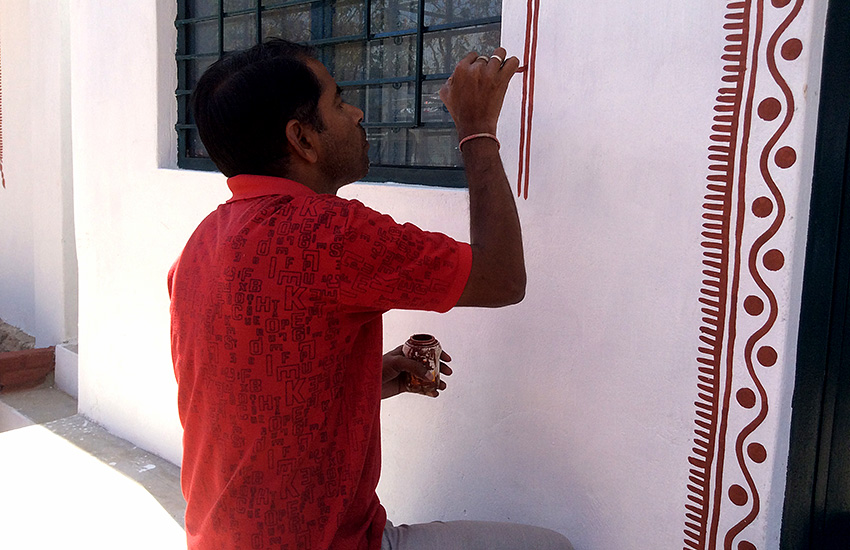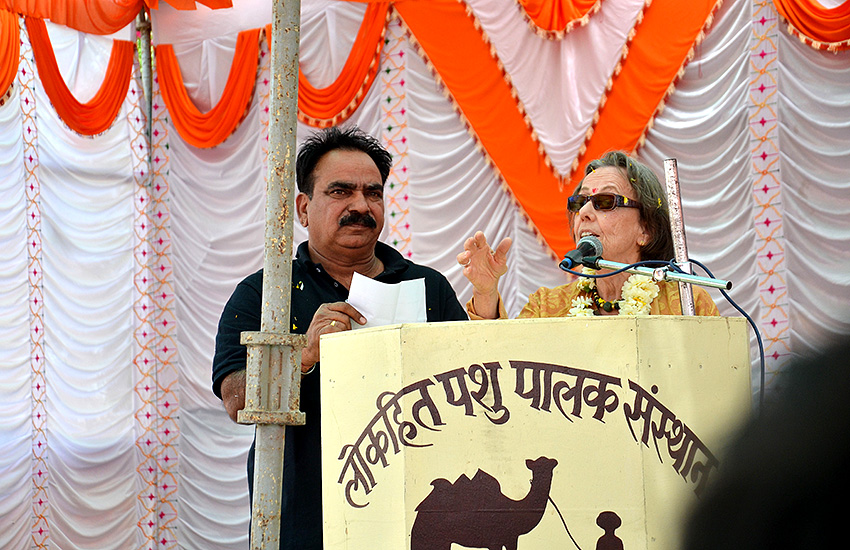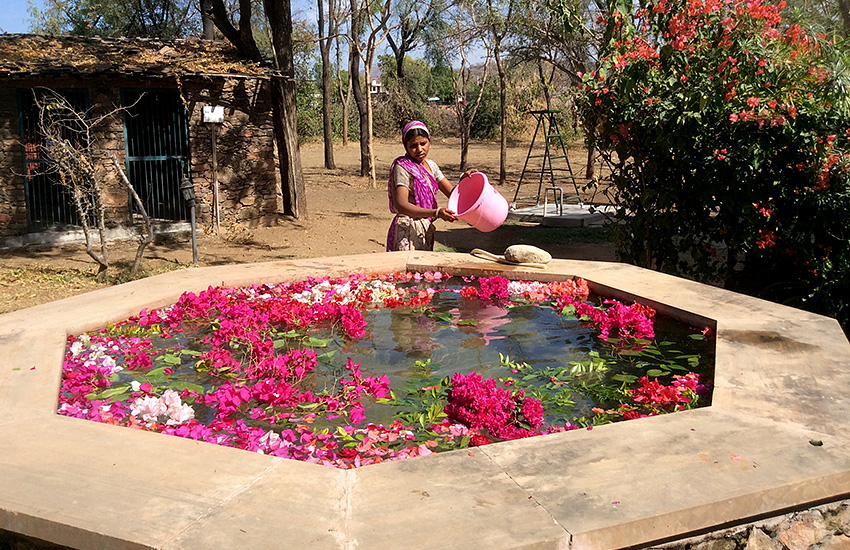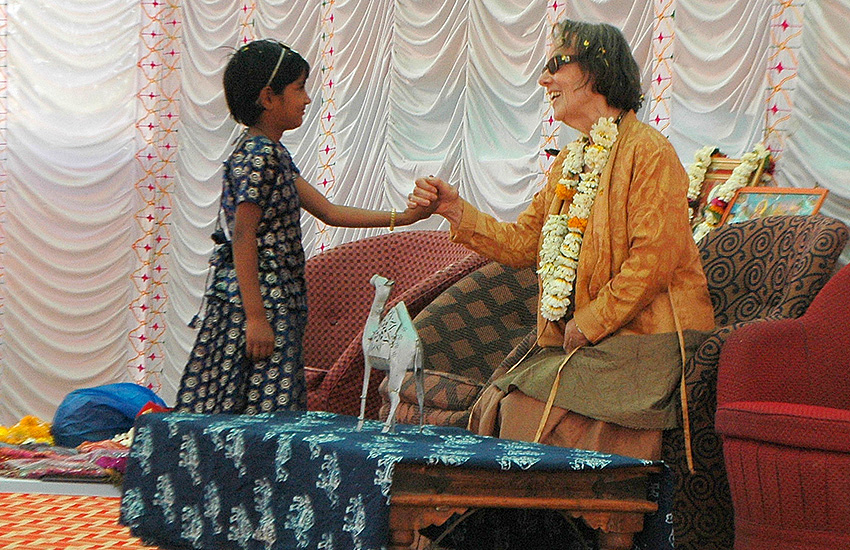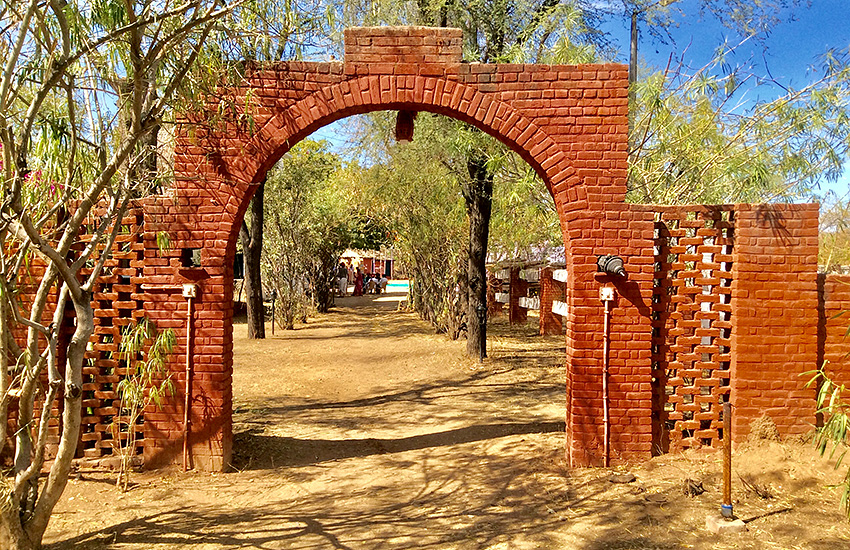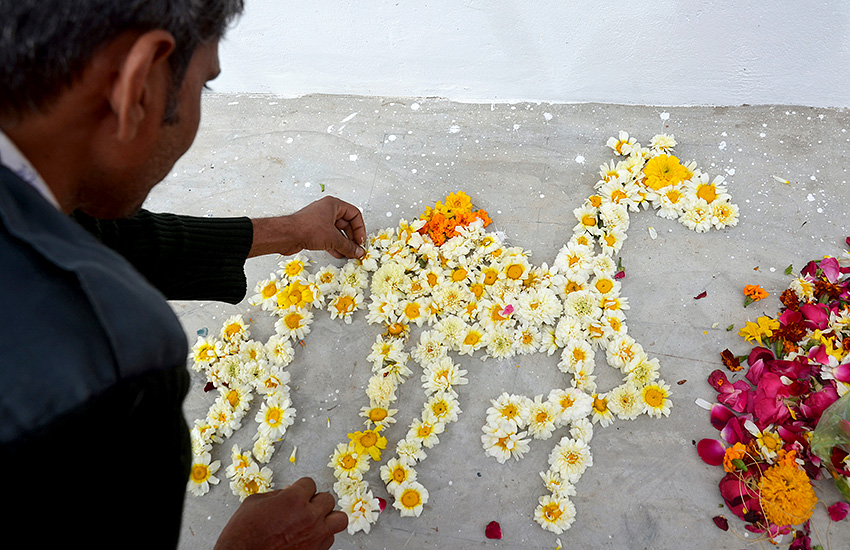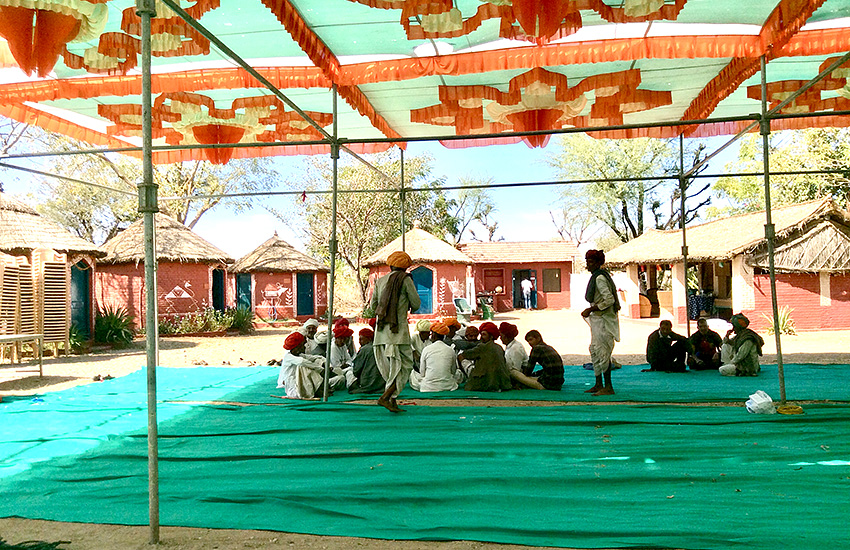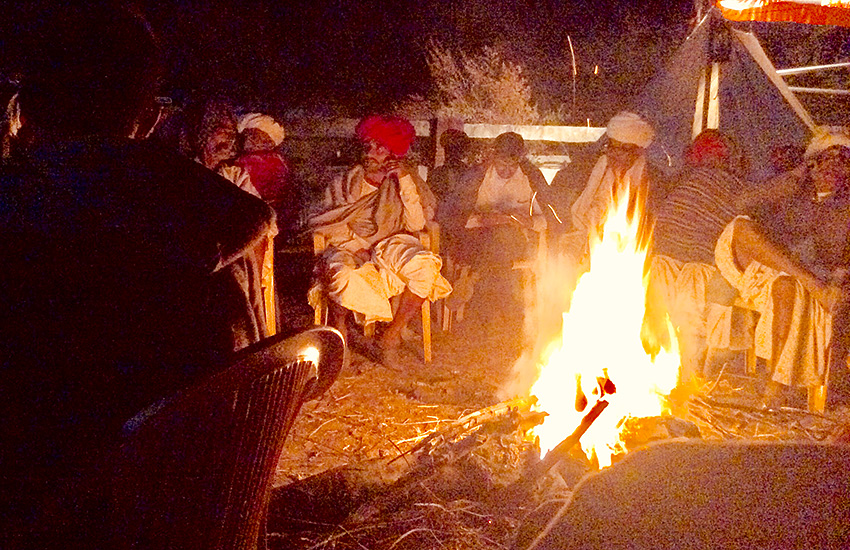Counting pastoralists – our international collaboration
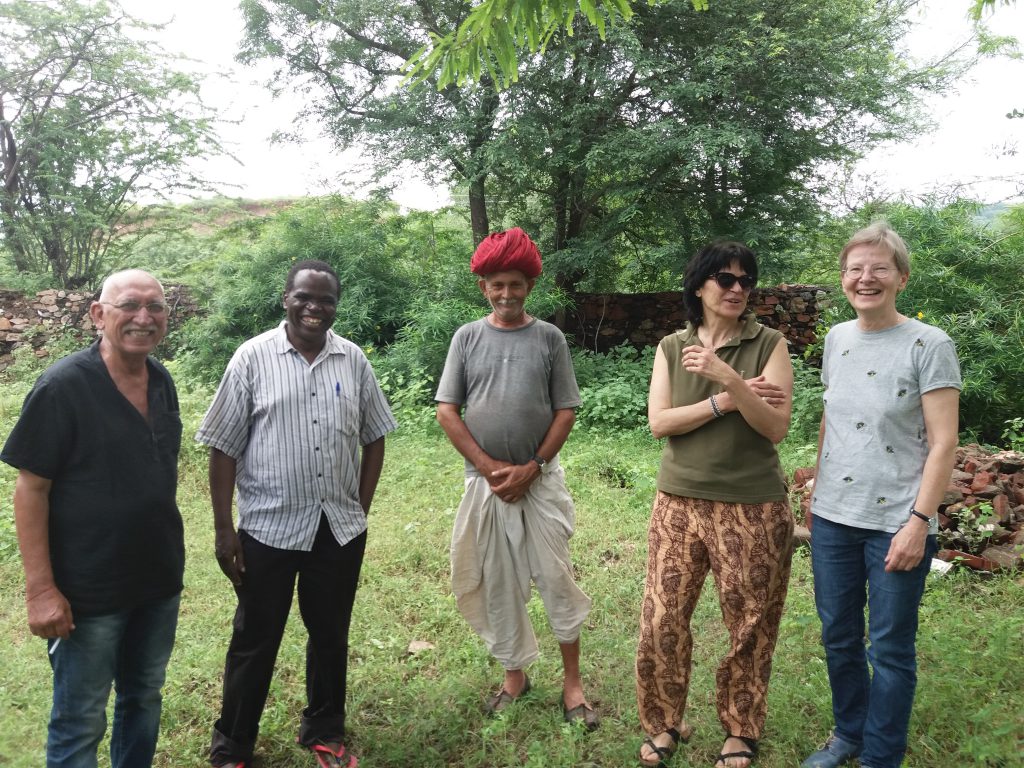
Pastoralism is absolutely a worldwide phenomenon, but it takes different guises and has variable significance in individual countries. This is one of the reasons why nobody knows how many pastoralists there are in the world. There is no uniform definition and countries do not collect data on how many of their livestock are kept in pastoralist systems. In a project supported by Misereor, LPP has contracted country studies to experts in three countries (Arhentinia, Germany, and Kenya/Uganda) to look into developing a unified methodology. Currently we are at the stage of discussing the country reports in weekly Zoom meetings.
Counting Pastoralists Workshop, 1-4 September, Sadri India
We are happy to announce the Project Workshop “Counting Pastoralists” that will take place from 1st until 4th September in Sadri (India) at LPPS Campus.
As there are no dependable statistics on the number of people depending on pastoralism, beyond very vague estimates, in 2016, LPP, in collaboration with partners of the Indian Rainfed Livestock Network (RLN) developed a new methodology for arriving at more accurate data which takes livestock populations, local knowledge/ground truthing and national level statistics on household sizes and animal holdings into account.
Content of the workshop is to test and improve the methodology to count/estimate the size of pastoralist populations and their economic contribution. The participants of the workshop are a team of experts on pastoralist communities from different countries (Argentina, Kenia, India and Germany) who will discuss and exchange their experiences with different methods approaches.
Inauguration of the Kumbhalgarh Camel Dairy
On 24th of February, 2019, the Kumbhalgarh Camel Dairy, Rajasthan’s first dedicated camel dairy was officially inaugurated in a festive function. The state-of-the-art facility, located on the campus of the NGO Lokhit Pashu-Palak Sansthan near Ranakpur-Sadri in Pali district is procuring, processing and packaging camel milk from nomadic herds in the vicinity, with the goal of creating a steady income for the remaining camel herders in the region and thereby conserving the state animal.
Around one hundred camel breeders from all corners of Rajasthan had arrived two days earlier to participate in a training and capacity building programme on hygienic milk production, processing and marketing.
One of the chief guests was Ms. Bettina Bock from Germany whose generous donation had enabled construction of the facility and equipping it with a pasteurizing machine and chilling capacity for 200 l. MLA Pushpendra Singh Ranawat promised to provide a solar panel installation that would make the dairy independent of the main grid electricity supply. Sarita devi, Ranisahiba of Ghanerao reminisced about her childhood memories of camels and pledged her support in all matters.
After the ribbon was cut, dairy expert Mr. Lokesh Sharma guided guests through the dairy and explained the laboratory procedures that will provide stringent quality control.
The event was only possible thanks to the support of many organizations, notably the long-standing backing by two German NGOs, Misereor and League for Pastoral Peoples. More recently, Start-up Oasis, a Jaipur based incubator has come on board to abet the business side of the dairy with a loan and mentoring. Training and capacity building is also supported by a grant from the Hand-in-Hand Fonds.
After the function, hoteliers and other members of the hospitality industry were treated to a sampling of camel cheese and camel milk based pastries.
- Go to the previous page
- 1
- …
- 3
- 4
- 5
- 6
- 7
- 8
- 9
- …
- 76
- Go to the next page

